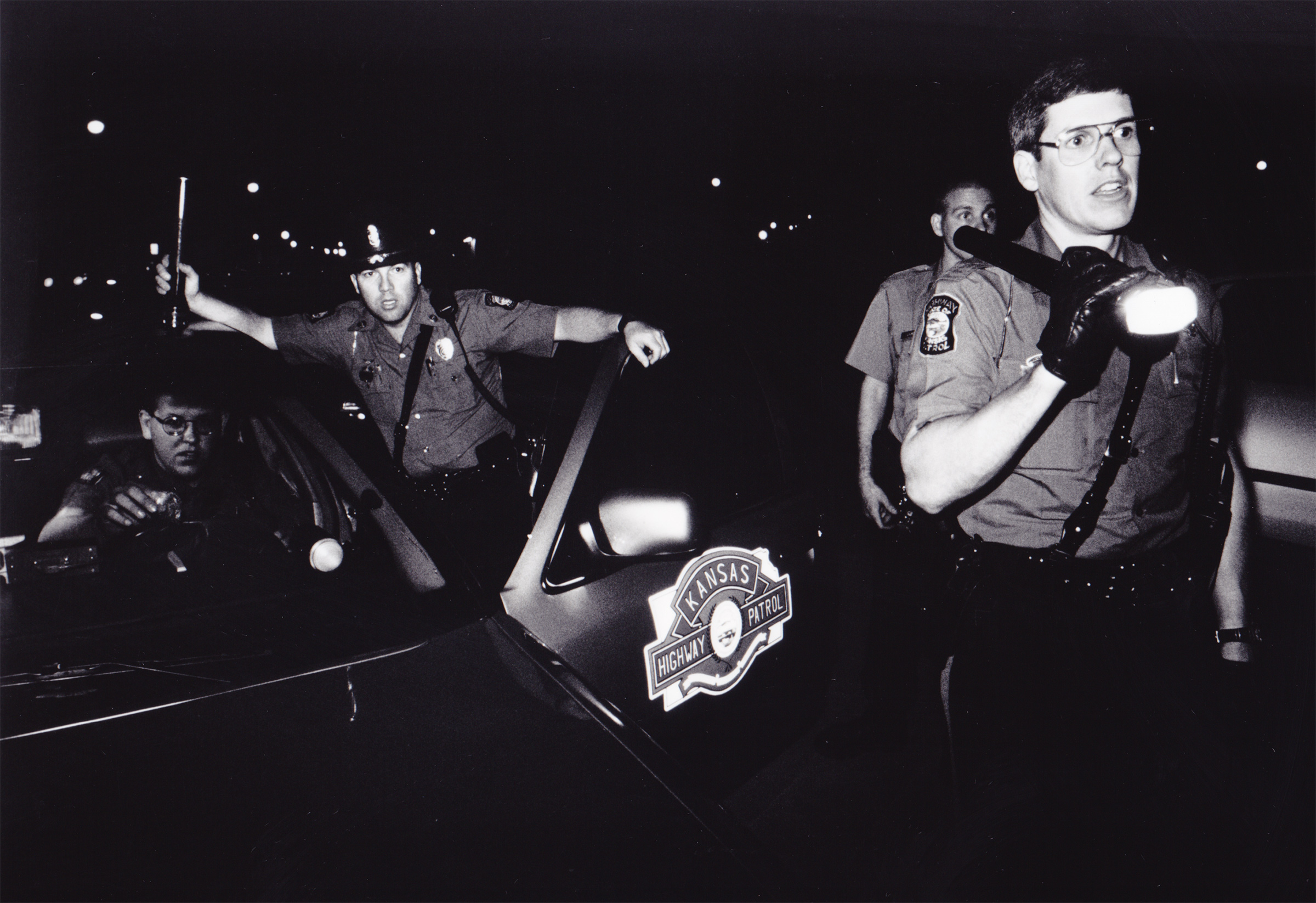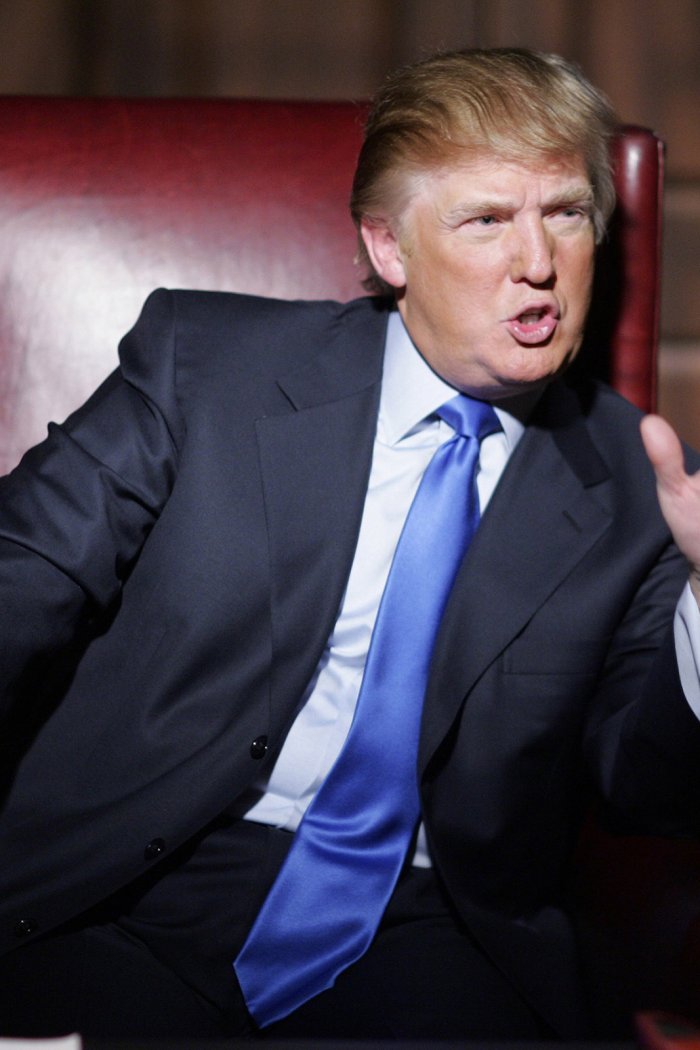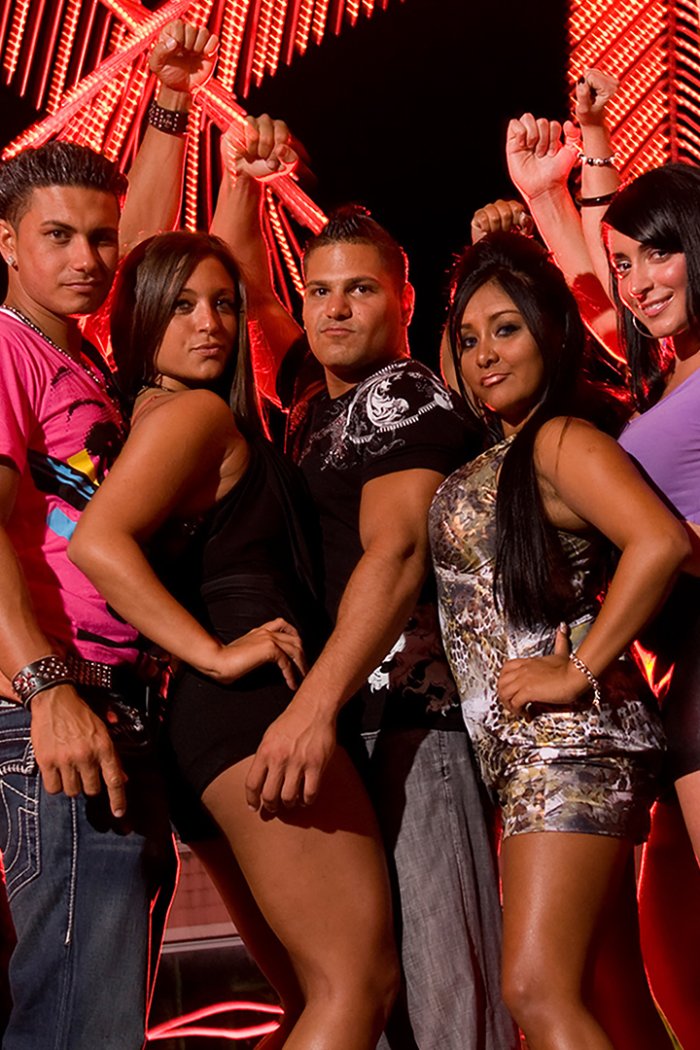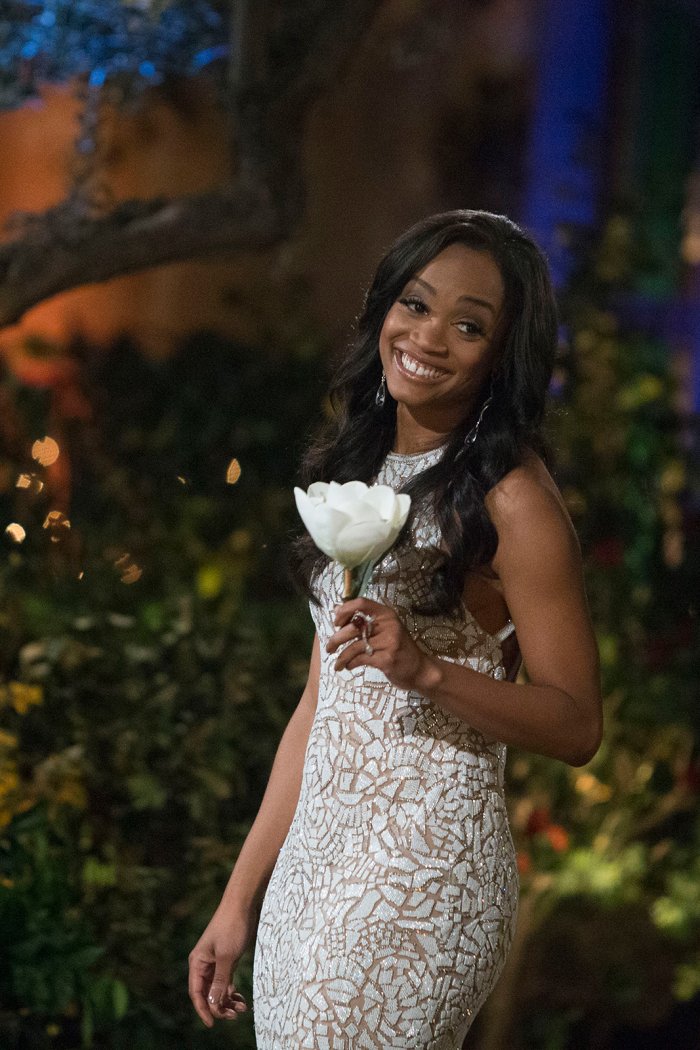In 1994, three years after America recoiled in horror at footage of Los Angeles police officers tasing, kicking, and beating Rodney King with batons, and two years after riots broke out in the wake of the officers’ acquittals on charges of assault with a deadly weapon and use of excessive force, the Los Angeles Police Department welcomed the makers of Cops into their squad cars. Shot at the height of the show’s relevance, on the heels of several Emmy nominations, that seventh season featured all of its standard tropes, from heroic men in blue to drug-addled, occasionally naked suspects to wild car chases. And it enabled two of the country’s biggest, most controversial police forces—the New York Police Department as well as the LAPD—to launder their reputations in a series that always granted departments final cut approval.
That same year saw the publication of multiple studies that uncovered Cops’ racist subtext and confirmed it was biased in favor of police. Not only were the officers it spotlighted disproportionately white and the suspects disproportionately Black or brown; it also overstated both the prevalence of violent crime and the effectiveness of policing. Such critiques escalated over the years, as endless bystander videos of police fatally shooting unarmed Black people supplanted Cops as the default image of policing in America. In 2013, under pressure from the activist group Color of Change, Fox dropped the show, and it bounced around cable until the Paramount Network canceled it again, in 2020, amid nationwide protests over George Floyd’s murder at the hands of veteran Minneapolis cop Derek Chauvin. But in our hyperpartisan era, even that tragedy couldn’t end the show’s 33-year run. Picked up by Fox News streaming service Fox Nation last year, Cops has now cemented its long association with right-wing politics. —Judy Berman
- Cybersecurity Experts Are Sounding the Alarm on DOGE
- Meet the 2025 Women of the Year
- The Harsh Truth About Disability Inclusion
- Why Do More Young Adults Have Cancer?
- Colman Domingo Leads With Radical Love
- How to Get Better at Doing Things Alone
- Michelle Zauner Stares Down the Darkness





